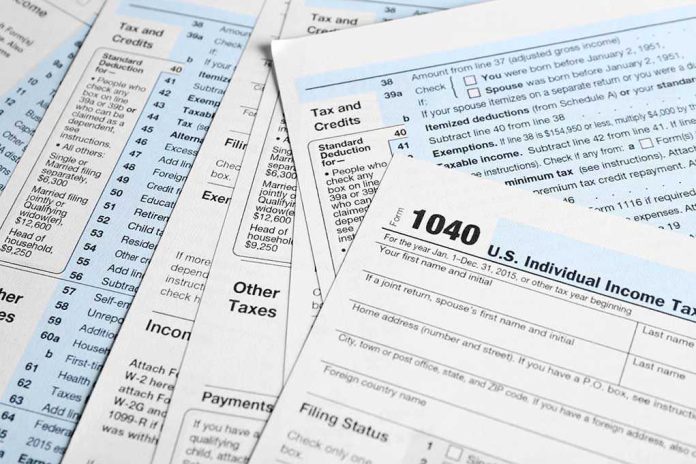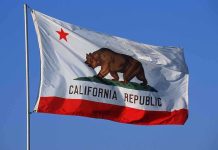
President Trump delivers on his campaign promise as the Treasury Department officially releases the comprehensive list of over 60 jobs eligible for his groundbreaking “no tax on tips” deduction, providing immediate tax relief to millions of hardworking Americans.
Story Highlights
- Treasury Department releases official list covering eight industry categories and over 60 tipped jobs
- Deduction caps at $25,000 annually from 2025-2028, applying to employees and independent contractors
- Eligible jobs include food service, hospitality, entertainment, and personal services workers
- Policy expands FICA tip credit eligibility to beauty service businesses for the first time
Trump Fulfills Major Campaign Promise with Tax Relief
President Trump signed the One Big Beautiful Bill Act into law on July 4, 2025, making good on his signature campaign pledge to eliminate taxes on tips for American workers. The Treasury Department has now released the official list of eligible occupations, covering more than 60 jobs across eight industry categories. This historic policy represents the first federal law to broadly exempt tips from income tax, providing direct financial relief to service industry workers who have long faced economic uncertainty.
Comprehensive Coverage Across Service Industries
The Treasury Department’s official list encompasses workers in food service, entertainment, hospitality, personal services, and four additional categories. Eligible positions include bartenders, wait staff, hotel food servers, beauty service workers, and dozens of other tipped occupations. The deduction applies to both traditional employees and independent contractors, ensuring broad coverage across the modern gig economy that supports millions of American families.
Structured Benefits with Smart Fiscal Guardrails
The deduction caps at $25,000 per year and includes phase-out provisions for higher earners, demonstrating responsible fiscal management while targeting relief where it’s needed most. The policy runs from 2025 through 2028, with potential for Congressional extension. Additionally, the law expands FICA tip credit eligibility to beauty service businesses, providing employers in salons and spas with enhanced payroll tax relief for the first time.
Implementation Moving Forward Despite Administrative Challenges
The IRS is currently updating W-2 and 1099 reporting requirements to accommodate the new deduction, while employers and payroll providers adjust their systems for compliance. Business groups and economists project the policy will increase take-home pay and incentivize employment in tipped sectors, providing economic stimulus to communities nationwide. The implementation demonstrates Trump’s commitment to cutting through bureaucratic red tape to deliver real benefits to working Americans.
Treasury Department releases official list of jobs eligible for 'no tax on tips' deductionhttps://t.co/tEXkG1ZP5W
— Anthony West (@AnthonyMWest) September 3, 2025
While critics express concerns about fiscal impacts, this targeted tax relief directly addresses the financial struggles of service industry workers who have been overlooked by previous administrations. The policy’s structured approach, with caps and sunset provisions, ensures responsible implementation while delivering immediate relief to those who need it most in America’s service economy.
Sources:
Bipartisan Policy Center explainer on the “no tax on tips” provision
Fox Business report on Treasury’s official list of eligible jobs
Ogletree Deakins legal analysis of employer compliance
House Ways and Means Committee section-by-section summary of OBBBA
Center for American Progress critique of the law’s broader impact






